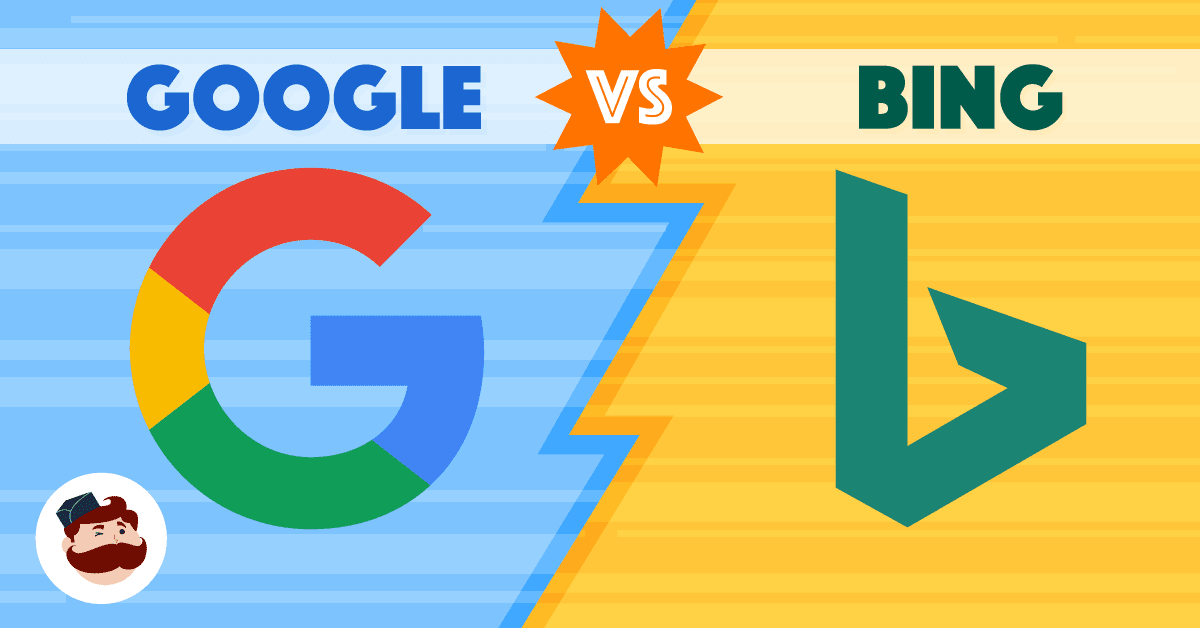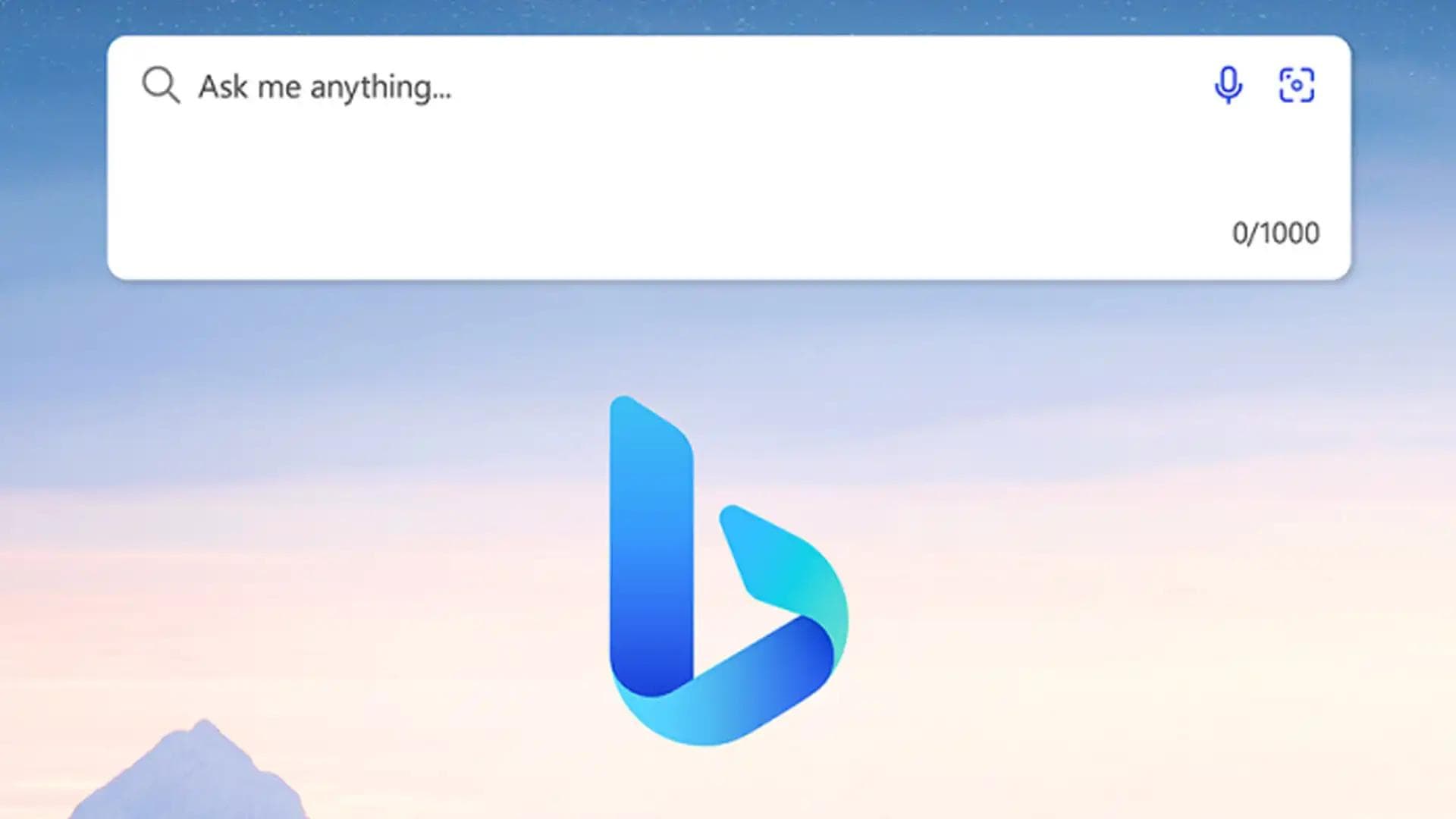
Ranking on Bing vs Google: Understanding the Key Differences in SEO Strategies
March 19, 2023
PouyaSadri
Learn how to rank higher on Bing and Google with our expert guide on the key differences in SEO strategies. Increase your online visibility and drive more organic traffic to your website. Read now to crack the code!
Tips
SEO
SERP
When it comes to optimizing for SEO, Google is usually the first search engine that comes to mind, given its dominance in the US market. However, it's important not to overlook the other search engines, as they can also drive significant traffic to your website. While Google accounts for two-thirds of the market share, Bing and other search engines can also help you get more leads and visitors.
By understanding the differences in SEO strategies between Bing and Google, you can increase your website's visibility and attract more organic traffic. This not only leads to higher conversion rates but also provides a better user experience for your readers. So, don't limit yourself to just ranking on Google; consider optimizing for Bing and other search engines as well.
What is the significance of understanding how to rank on Bing?
Although Bing's search volume is lower than Google's, it still boasts a substantial amount of traffic, with over a billion visits per month as of June 2022. Additionally, Bing users tend to be more engaged than Google search users, presenting a valuable opportunity for businesses to convert leads. However, it's crucial to ensure that your website's content is relevant to their search query to increase the chances of converting Bing users into customers.
What criteria does Bing use to determine search rankings?
Similar to Google, Bing prioritizes providing its users with the most relevant search results. Both search engines share common ranking factors, such as favoring websites with high-quality backlinks and regularly updated, unique content. In fact, content takes top priority on Bing's Webmaster Guidelines. By focusing on these key ranking factors, you can enhance your website's search engine rankings on Bing and potentially attract more organic traffic.
1. User engagement
Engaged users are those who land on your website from the search result page and stay on it, browsing through your content and potentially visiting other pages on your site. This indicates that the content you provide is valuable and informative, prompting readers to stay and explore further.
However, if you experience a high rate of "pogo-sticking" (where the user quickly returns to the search results page), this indicates that your content isn't engaging enough to keep users on your website. Similar to Google's bounce rate, a high rate of pogo-sticking can negatively impact your website's search engine rankings on Bing, so it's crucial to ensure that your content is compelling and relevant to your target audience.
2. Click-through rates
A higher click-through rate (CTR) indicates that users are clicking on links within your article or page, which can positively impact your website's search engine rankings on Bing. This is a result of using relevant and informative anchor text, which accurately describes the content of the linked page and helps users understand what they can expect to find after clicking.
By using effective anchor text and providing valuable content that meets the needs of your target audience, you can demonstrate your understanding of user intent and improve your website's engagement metrics. This, in turn, can lead to increased organic traffic and higher search engine rankings on Bing. It's important to focus on creating high-quality content that provides value to readers, rather than simply writing for keywords.
3. Social signals
Bing places significant importance on social signals from popular social media platforms such as Facebook and Twitter, which is not the case with Google+ as much. This emphasis is based on Bing's ranking criteria, which includes user engagement and relevance to the user.
Having a robust social media presence, including likes and shares, is indicative of strong user engagement and suggests that your content is tailored to your target audience's interests and needs, rather than solely for search engine algorithms. As a result, a strong social media presence can positively impact your website's search engine rankings on Bing, and may also benefit your rankings on Google.
4. Page authority and backlinks
Backlinks remain relevant in Bing's ranking algorithm, but they are not as crucial as page authority. Bing encourages websites to incorporate relevant backlinks that are not spammy and use appropriate anchor text that accurately describes the linked content.
However, Bing places greater emphasis on page authority. New domains may find it challenging to rank on Bing initially, but it becomes easier over time. A key strategy to improve page authority is by acquiring relevant and high-quality backlinks gradually. This signals to Bing that your content is valuable and trusted by reputable websites, and it provides long-term benefits, rather than just short-term gains.
5. On-page SEO
Optimizing your website for search engines is crucial for ranking on Bing. You need to pay attention to meta descriptions, titles, title tags, H1s, and H2s, just like with Google. However, Bing places more emphasis on exact keywords and keyphrases. It's better to focus on ranking for one specific query on Bing rather than multiple ones.
To optimize your website for Bing, ensure that you have only one H1 and use H2s and H3s as subheadings. Additionally, Bing may replace your meta description with your H1, so make sure it's well-written and accurately represents the content on the page.
Bing Artificial Intelligence (AI)

Microsoft is in the process of creating its own artificial intelligence called Bing AI, which is currently available for preview on desktop. The primary function of Bing AI is to collect and compile data from various sources on the internet to provide accurate and reliable answers to search queries. Microsoft has assured that the AI will cite its sources to ensure transparency.
To make Bing AI even more efficient, Microsoft is utilizing a next-generation OpenAI model that is more potent than ChatGPT and specifically optimized for search. In addition, they have developed a proprietary methodology called the Microsoft Prometheus model, which allows for more targeted and relevant results. This development marks a significant step forward in the world of artificial intelligence and search engines.
The integration of Bing AI into Microsoft's search engine will increase the visibility of recently published information by utilizing its advanced indexing configuration. The inclusion of citations will enable Bing users to delve deeper into the subjects they are interested in and enhance their overall search experience.
Moreover, Microsoft is also utilizing AI to improve its search engine ranking algorithm. According to Microsoft, this enhancement will ensure that even basic search queries yield more accurate and relevant results. By leveraging AI in this manner, Bing will provide users with a more efficient and effective search experience, ultimately solidifying its position as a leading search engine in the industry.
Since Bing AI is a new technology, there is currently no established or optimal way to work with its AI-enhanced algorithm. However, the emphasis on recent content underscores the significance of updating content regularly. Additionally, Microsoft is making a concerted effort to combat misinformation, emphasizing the importance of fact-checking and citing sources.
Moreover, Bing AI is a versatile technology that goes beyond answering search queries. It includes conversational chatbot capabilities and content creation functionalities, which makes it an exciting development in the field of artificial intelligence. As Bing AI continues to evolve, it is poised to become an indispensable tool for businesses and individuals alike.
To Put it Simply
If you want to optimize your website for Bing, here are a few tips that can help. The best part is that implementing these tips won't negatively impact your Google rankings, and may even improve them! The key is to create content that is valuable and relevant to your target audience.
Firstly, ensure that your website has an optimized meta description, title, title tags, H1s, and H2s. Use exact keywords and keyphrases as Bing prioritizes them in its search results. Additionally, use H1s for your primary heading and H2s for subheadings to enhance your website's readability and organization.
Secondly, prioritize regular updates to your content to keep it fresh and up-to-date, which is essential for Bing's indexing configuration. You should also prioritize fact-checking and source citations to avoid misinformation, which is a priority for Bing.
Finally, check out the Bing and Google webmaster tools to improve your website's ranking. These tools provide valuable insights into how search engines are interacting with your website, and can help you identify areas for improvement.
By following these tips and staying up-to-date with the latest developments in search engine optimization, you can maximize your website's visibility on Bing and other search engines, ultimately driving more traffic and engagement to your site.
Dominate the SERP: Proven SEO Strategies for Developers
Dominate the Digital World: Master the Art of SEO and Watch Your Website Rise to the Top of Search Rankings